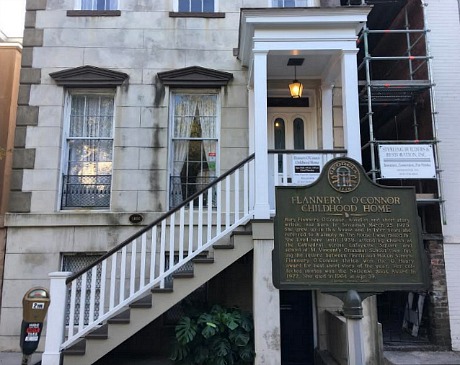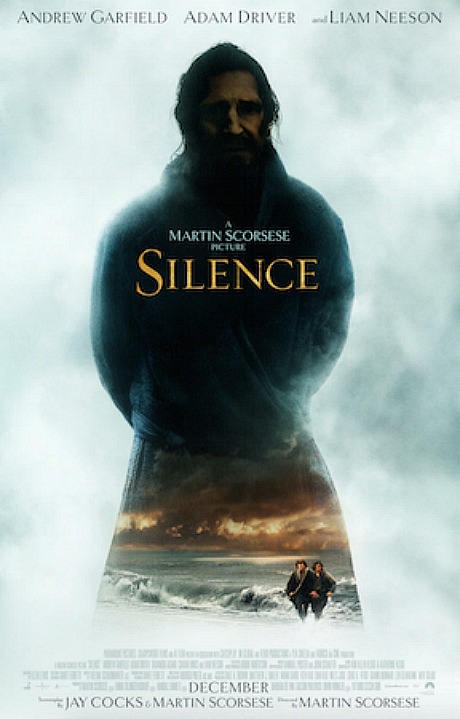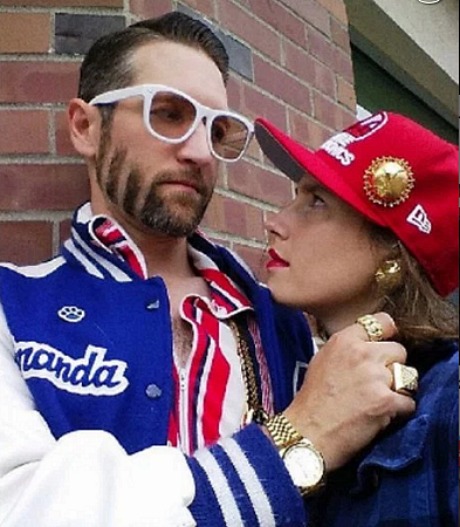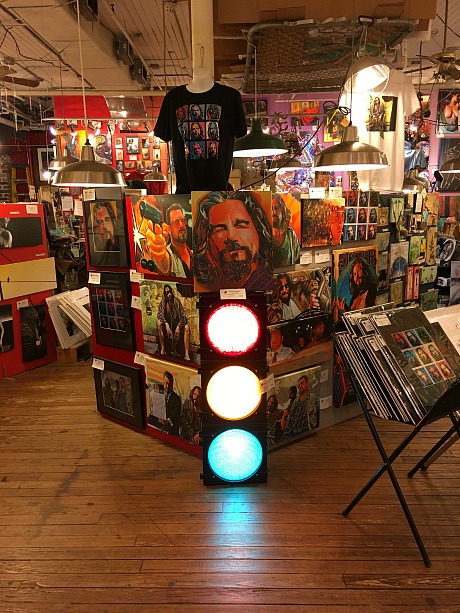I heard this morning from a Los Angeles-based journalist friend who could have attended the Savannah Film Festival but said he’s “no fan of the South.” My reply: “Suit yourself but it’s so beautiful and serene here. Savannah is a living, breathing remnant of a long-gone culture, the refined and genteel South as it once was. Like any 21st Century city or town Savannah accommodates all the tech comforts, but it has a 19th Century soul.
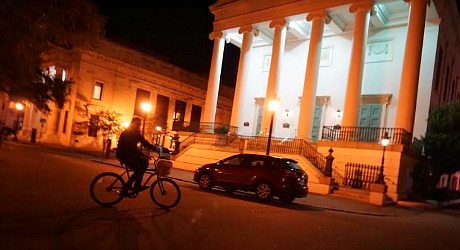
On my rent-a-bike following a Monday night dinner with
Awards Daily‘s Sasha Stone at
Bella’s. As we passed through a Bull Street square we ran into
Hollywood Reporter columnist Scott Feinberg and
Off The Rails director Adam Irving. (Photo by Sasha Stone.)
“The feeling of laid-back refinement is everywhere. The all-but-empty side streets (especially at night) remind me of nocturnal strolls in the Dorsoduro district of Venice. Plus the storied Civil War-era architecture (mostly wooden but many large brick homes and buildings), the clop-clop of horses pulling carriages, huge trees draped with hanging moss, the easily discernible aura of ghosts and history, the vast parks and calming, well-landscaped squares and the general Forrest Gump atmosphere of politeness.
“There seem to be few big-city agitations going on and certainly far fewer cars than Los Angeles on a slow day — Savannah at 9 pm is like L.A. at 3:30 am.
“Not to mention all the sublime foodie restaurants, the comforting fragrance of nature (the scent of terra firma and aged lumber and the nearby Savannah River), the shaded streets and oh, the flatness! You can ride a bicycle for miles without the challenge of a single hill or slight incline or even a speed bump.
“And now that earthy aroma has been accentuated by hundreds of brush and leaf piles all over the city, on every residential corner, due to Hurricane Matthew. When I was a kid in New Jersey people used to rake leaves into huge piles in the fall and burn them curbside at dusk. Right now Savannah has that same leaf-pile aroma.
Read more


